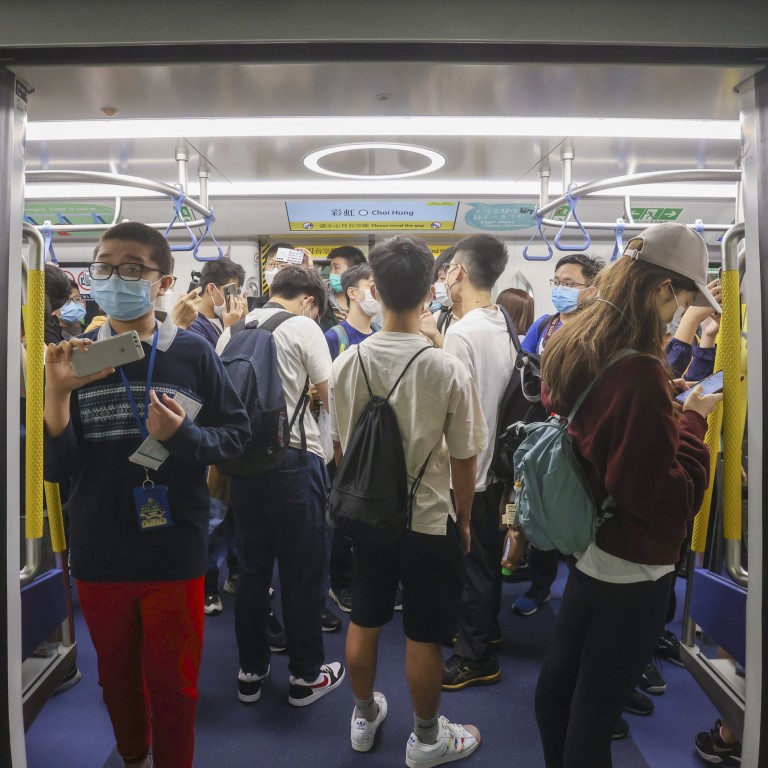
Letters | Hong Kong lawmakers’ demands on MTR are a bridge too far
- Readers discuss criticism of the rail operator, and concerns over a former leader’s expenditure
All this sounds like lawmakers are seeking to shrink MTR Corp’s coffers. But MTR Corp is a publicly listed company, and we should remind ourselves that aside from being responsible to us commuters, it is accountable to its investors and non-government shareholders.
Lawmakers asking so much of a business seem to be stretching MTR Corp’s social mandate a bit too far. Since the government is the company’s majority shareholder, the government will pocket most of the profits anyway.
Regarding the recent incidents on railway lines, it is clear that the MTR needs to step up maintenance. However, if trackside checks are to be boosted while quality is maintained, additional labour and machinery must be acquired. These acquisitions take a long time – for example, the Q-trains being rolled out on the Island and Tsuen Wan lines were ordered nearly a decade prior.
Some advocate an increase in the frequency of checks for metal fatigue to once a week from every two weeks, which does not seem possible to achieve in the short term. Given the route length of about 250km, MTR maintenance crews would need to check about 36km of tracks every night, double the current length, a formidable distance to complete over five precious hours overnight.
Though investments may be made now, increases in maintenance efficiency may not be reaped until much later, so patience is a virtue here. Railway operations are traditionally a large-scale, long-run business, and it is hard to predict growing demand years in advance.
Furthermore, if lawmakers want to curb fare rises, how can they expect more money to go to maintenance and upgrades? There’s no need to fret – MTR Corp is not an abominable monster that gobbles up your hard-earned cash while cutting corners on safety. Let us not take our world-class system for granted, and make demands without considering that it takes time for major improvements to be made.
Koios Pang, Sham Shui Po
Spending on Carrie Lam’s office not justified
This is an insult to hardworking Hongkongers still dealing with the economic fallout from her failed leadership. Lam’s renowned insensitivity is once again paraded in the faces of the ordinary people of Hong Kong.
We should not be paying for her office in Pacific Place. Space should be made for her in the Office of Former Chief Executives. It is unclear how well used these offices are anyway.
Mark Peaker, The Peak

